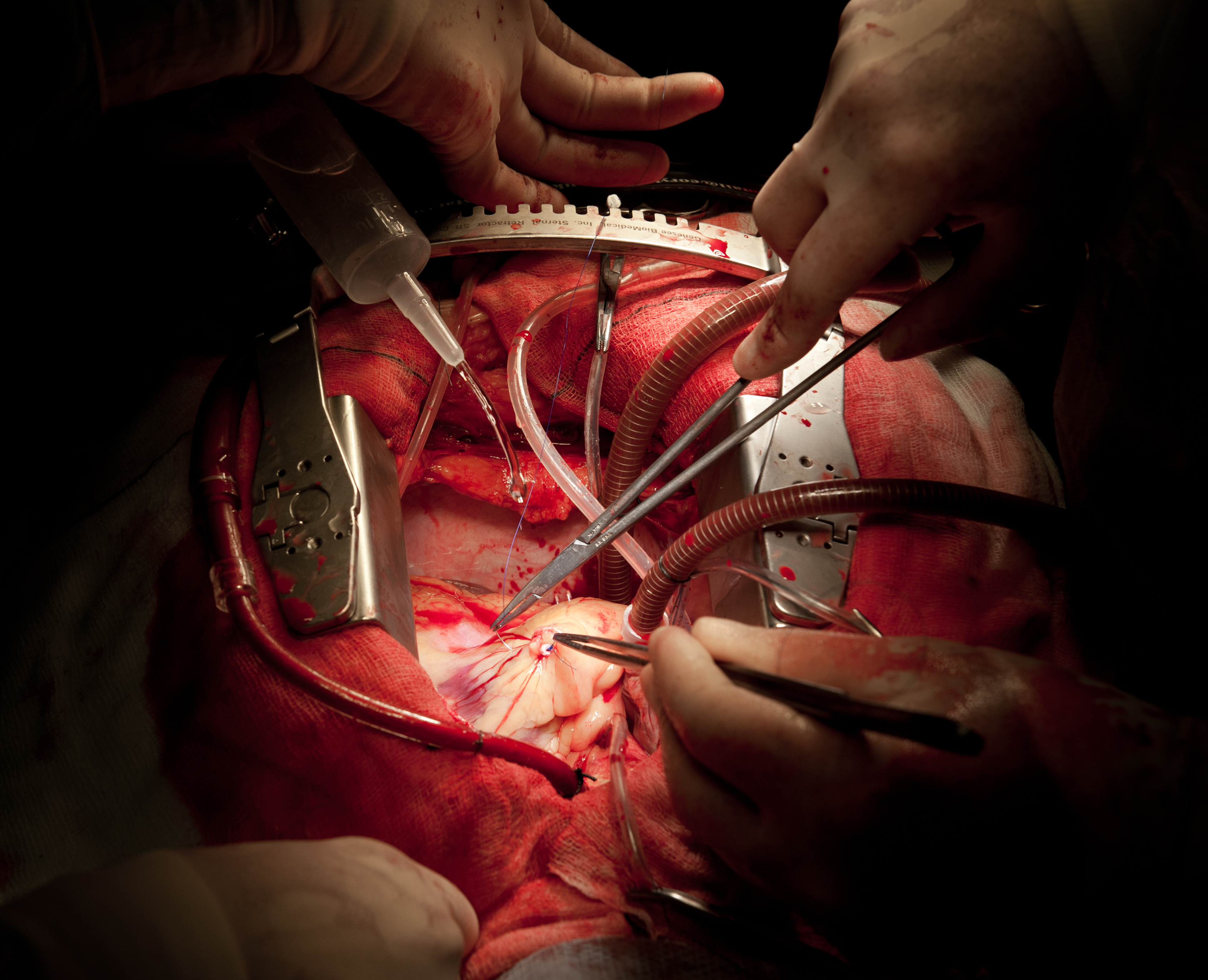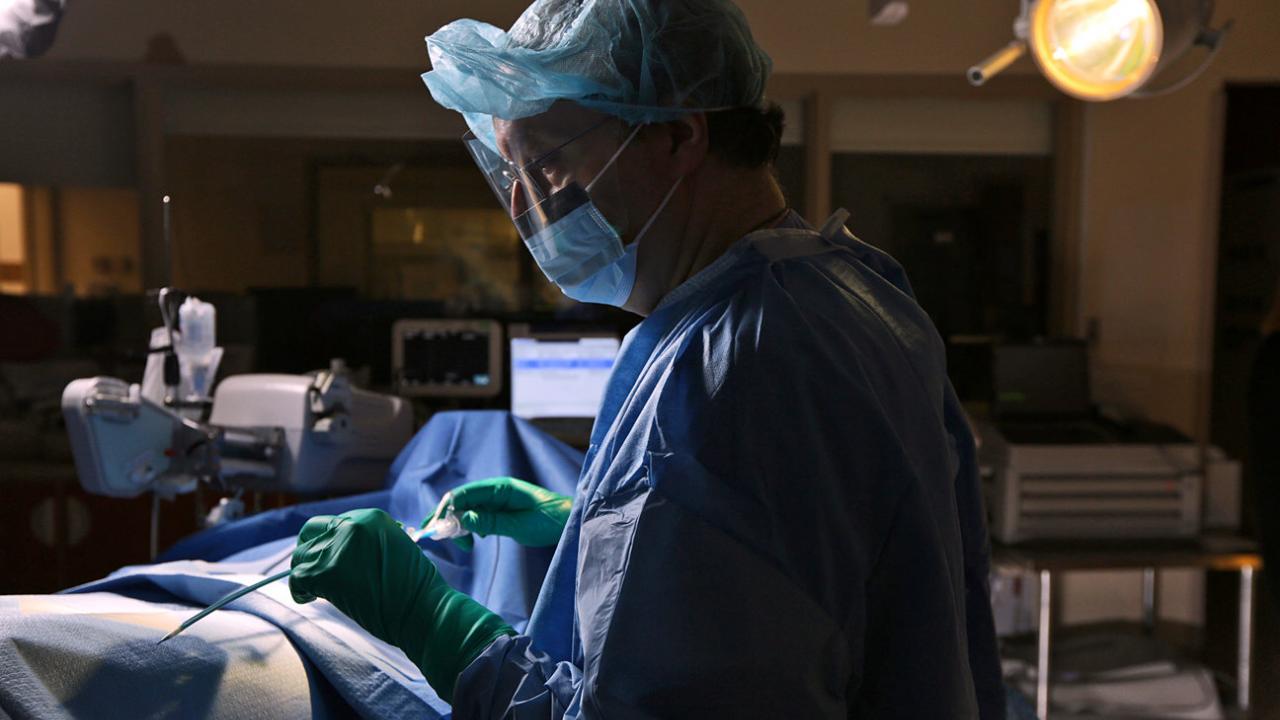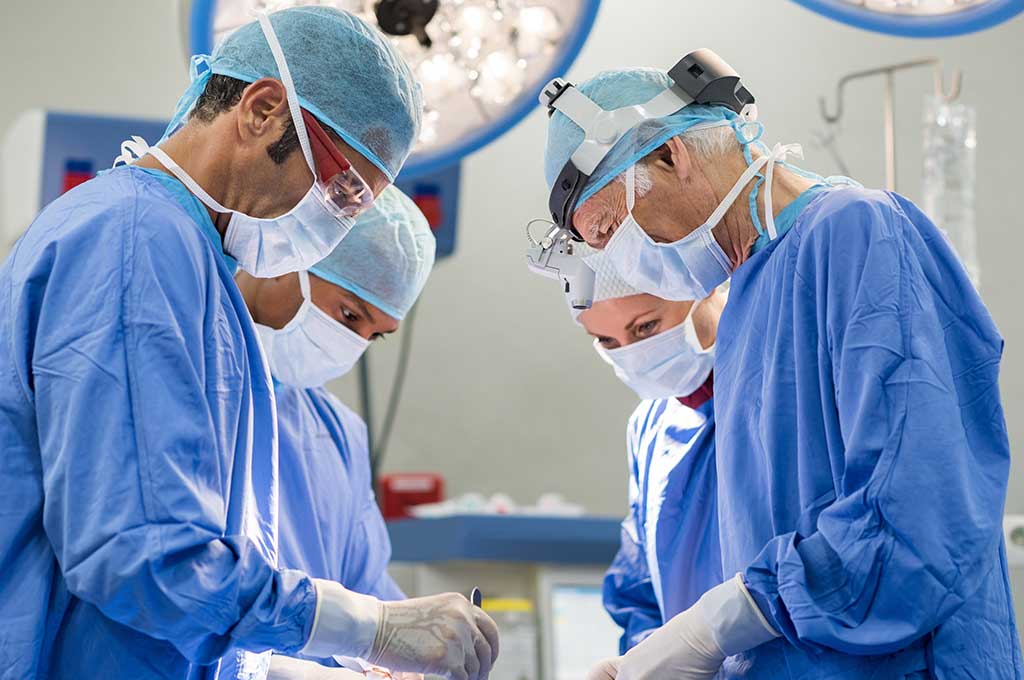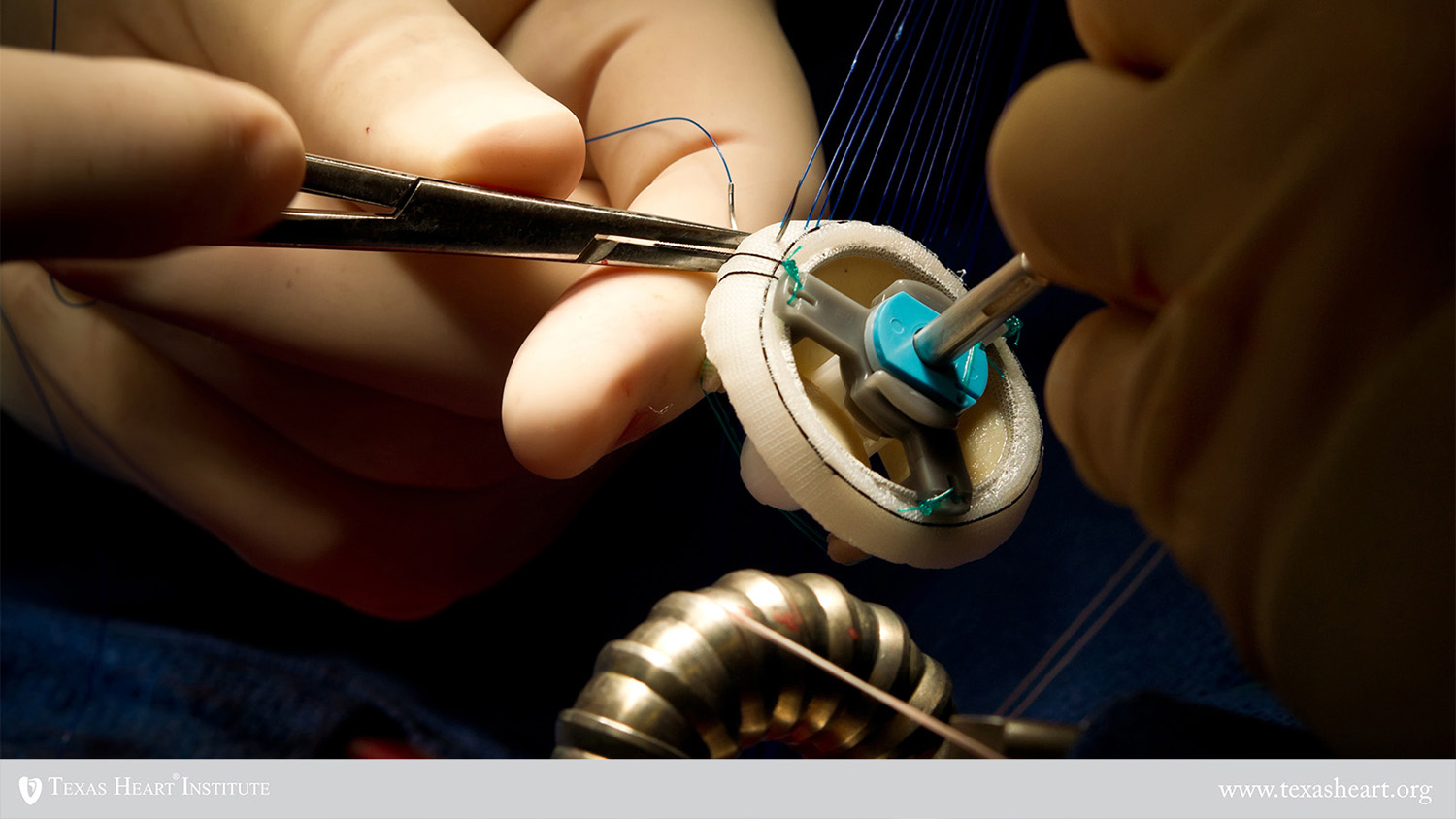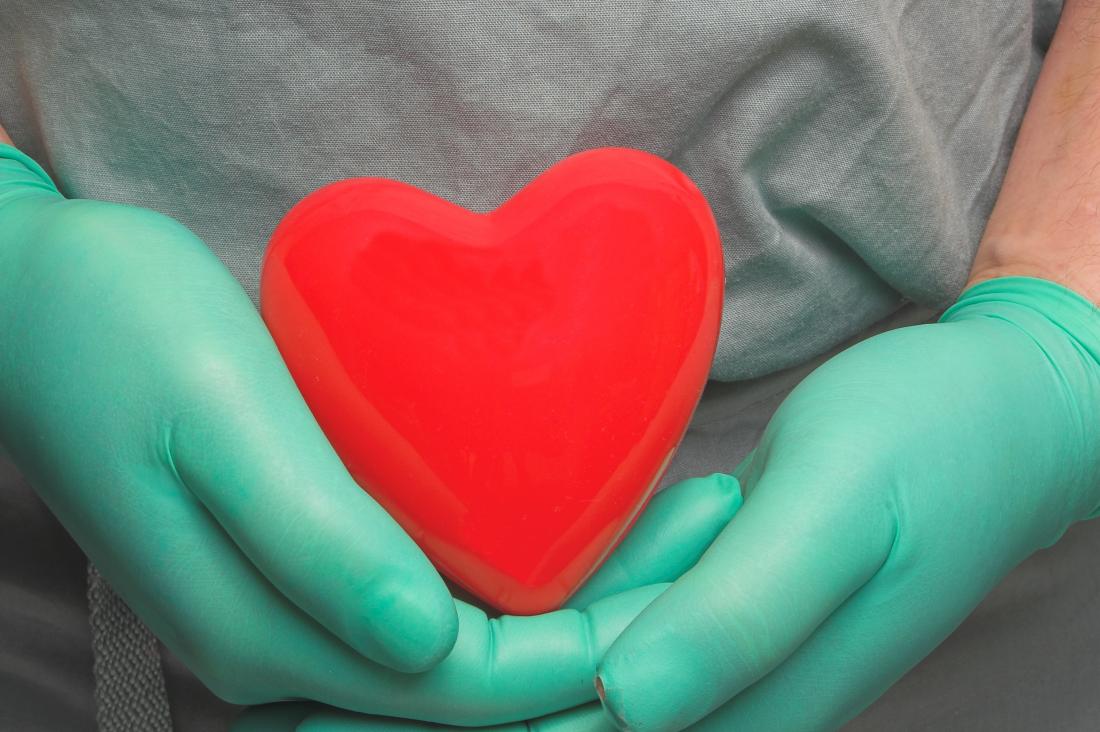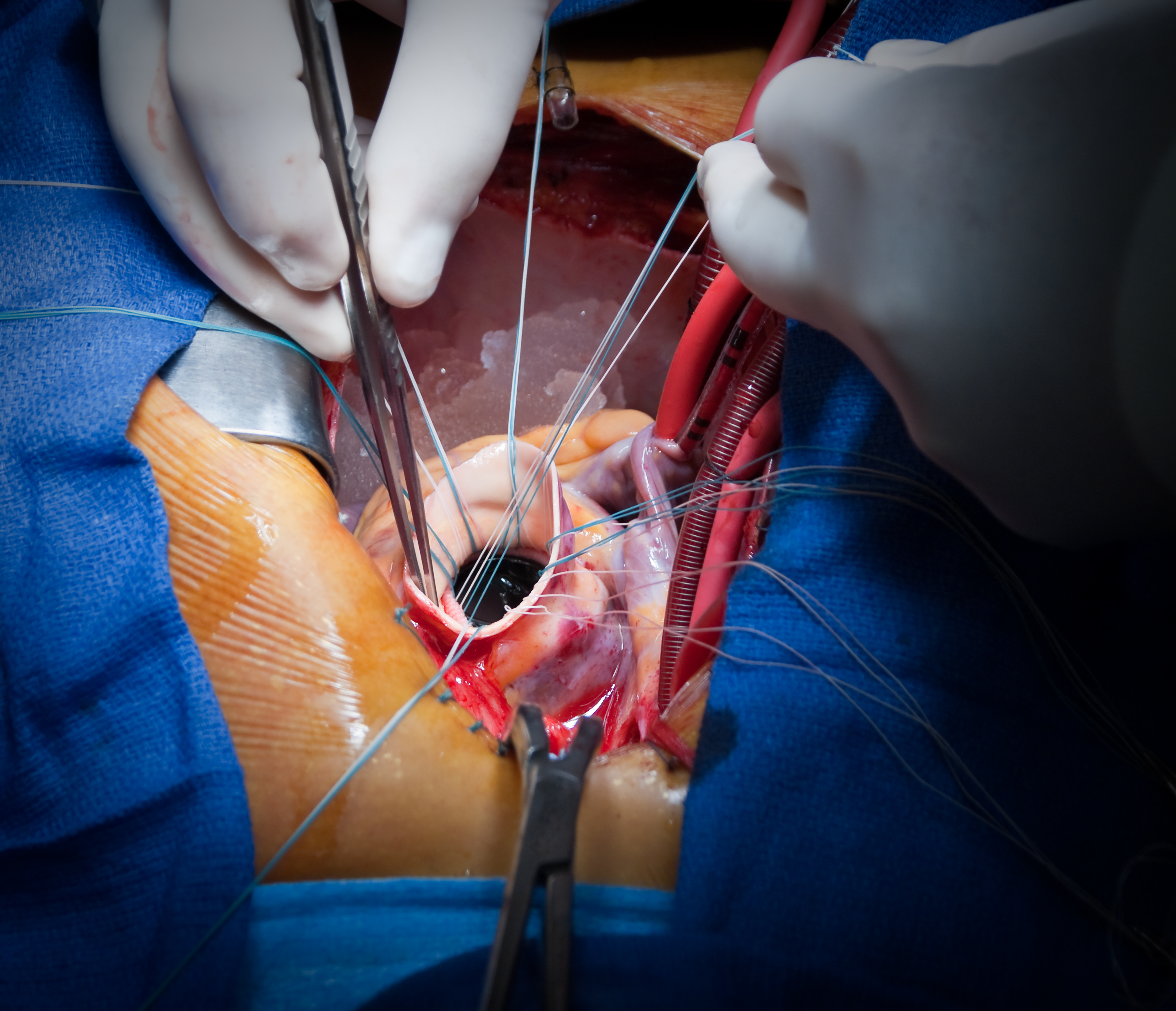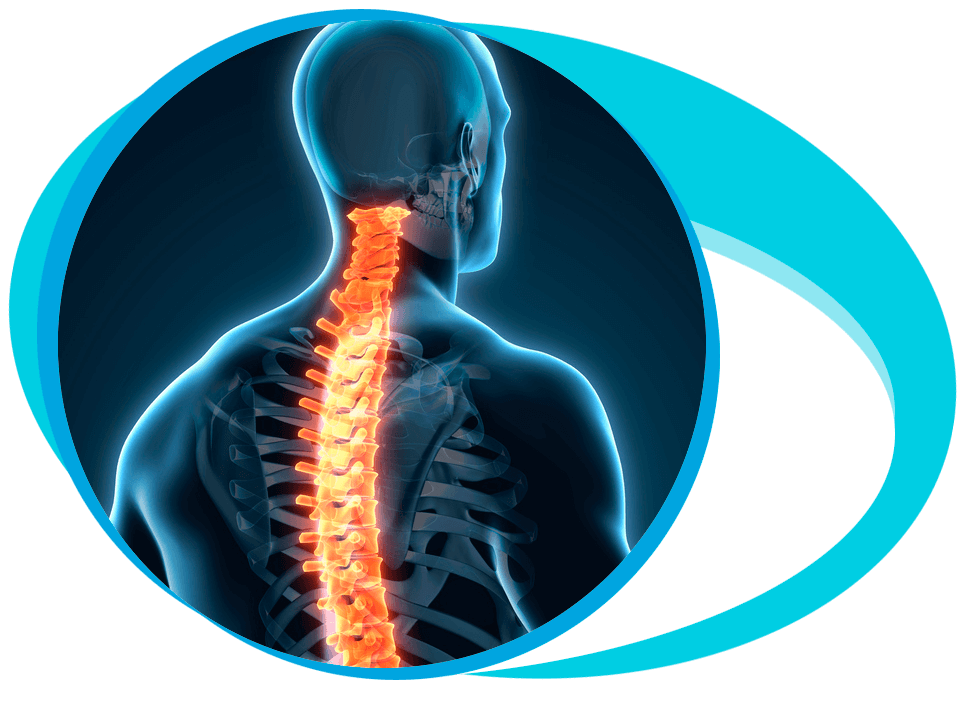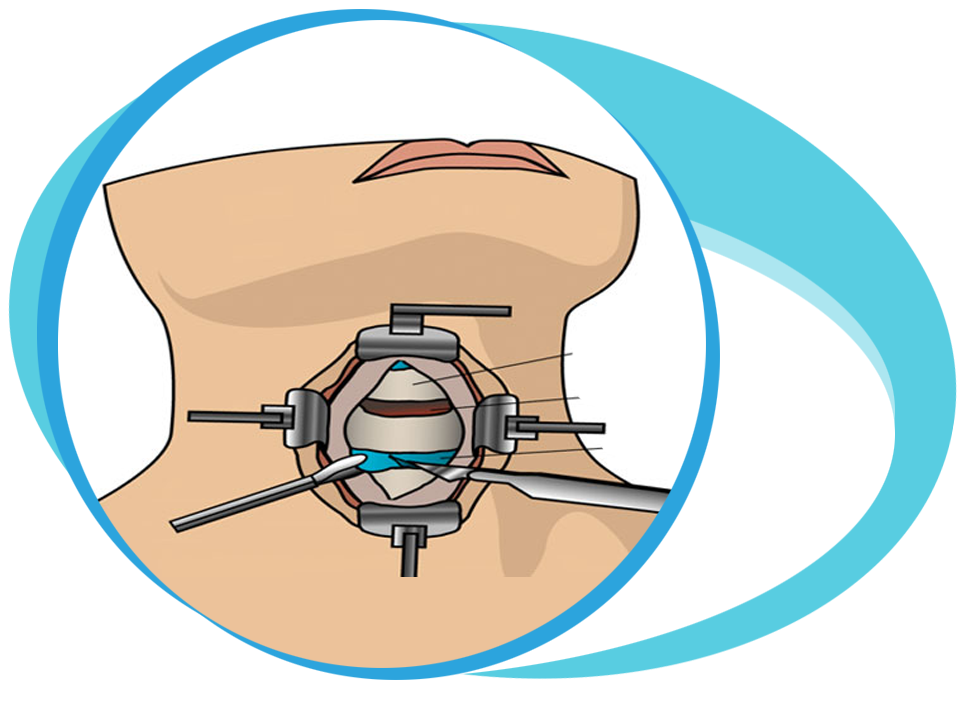Heart Valve Replacement Surgery in Iran Details
What is Heart Valve Replacement?
Heart Valve Replacement refers to the method of replacing heart valves that have narrowed and hinders the blood flow in & out of the heart with the artificial valve by sewing it to the natural valve.
There are four types of heart valves- Tricuspid Valve, Pulmonary Valve, Mitral Valve, Aortic Valves.
Types of Heart Valve Replacement
Open-heart valve replacement surgery
It is a surgical procedure wherein the patient’s heart is exposed in the operation theatre, and surgery is performed on the internal structures of the heart.
During the surgery, the patient is placed on a heart-lung machine that allows blood to flow through the heart while the surgery is being performed.
Minimally Invasive Heart Surgery
Minimally Invasive Heart Surgery, also known as Keyhole surgery, is performed by making small incisions of about 3 to 4 inches in the heart muscle, through specialized surgical instruments. In most cases, minimally invasive heart surgery focuses on Mitral valve repair, Aortic valve repair, and Tricuspid valve repair.
Valvuloplasty
It is a technique wherein the stiff aortic valves are treated with the help of a balloon catheter.
The balloon is positioned in the aortic valve and subsequently inflated to expand the size of the valve, leading to improved blood flow.
Types of Valves Used in Replacement
Mechanical Valves
A mechanical valve or prosthetic refers to the artificial substitute of the native heart valve.
Like your native heart valve, the mechanical valve also has a ring to support the leaflets.
Tissue Valves
It is a native valve taken from an animal.
Before placing it into the human body, the tissue valve is chemically treated and replaced with the diseased valve.
Homografts or Allografts
When a valve is obtained from the body of a donor, it is known as homograft or allograft.
This type of valve is beneficial for children’s and pregnant women as it does not require long-term anticoagulation therapy.
The procedure of Valve Replacement Surgery
During an Aortic valve replacement surgery, an incision is made by cutting through the sternum.
It is also known as a median sternotomy. Following the incision being made, the pericardium is opened, and subsequently, the patient is placed on a cardiopulmonary bypass machine (heart-lung machine).
The machine helps in pumping through the heart while the surgeon replaces the heart valve.
Once the patient is on bypass, an incision is made in the aorta, and a cross-clamp is applied.
After that the surgeon removes the diseased aortic valve and replaces it with the mechanical one.
Once the valve is in place, and the aorta has been closed, the patient is taken off from the cardiopulmonary bypass machine.
Later, Transesophageal echocardiogram is done to confirm whether the new valve is functioning properly or not.
Benefits of Heart Valve Surgery
Damaged heart valves cause a multitude of symptoms such as breathing difficulties, chest pain, edema, and heart palpitations.
Post Heart Valve surgery, you get rid of all these problems.
To know more about Heart Valve Replacement Surgery keep browsing our site Med Persia and to book a medical tour to Iran please fill the given form.


